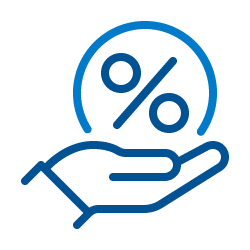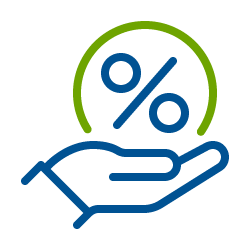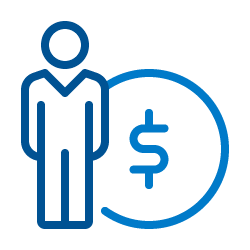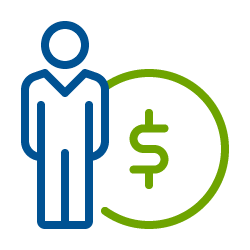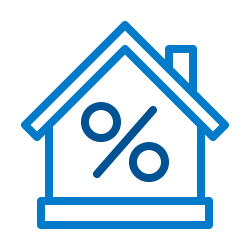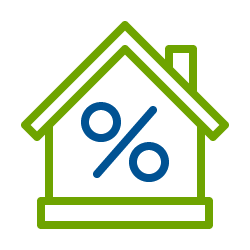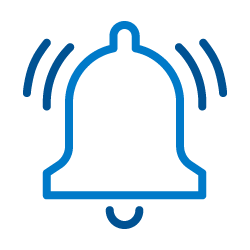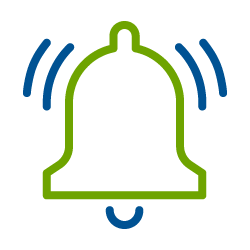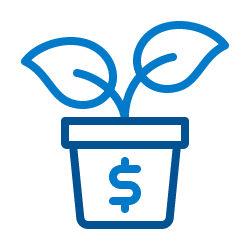Review 2020 to plan for 2021!

Even at the end of what seems like the slowest year to date, you can still look back on how fast time flies. Most importantly, reviewing how fast time goes by month-to-month shows how quickly we can pay off debt or save money. Reviewing your monthly spending plan at the end of each year helps you evaluate how you can do even better in the following year.
1. Calculate Net Worth
Calculating your net worth is a great place to begin to get an overall sense of where you stand financially. Essentially, your net worth can be calculated using this basic formula:
NET WORTH = Total Assets – Total Liabilities (Debts)
Assets include: cash savings, retirement savings, investments, home equity, insurance annuities, vehicles, and other personal property
Liabilities (debts) include: mortgages, credit card balances, car loans, personal loans, student loans, etc
2. Review Current Monthly Spending Plan (Budget)
A budget is a great financial tool and comparing your actual spending to what you planned can help you prepare for next year. Basically, you want to look at what you made each month versus how much you spent. Decide if your monthly spending plan is working for you or if you need to make some changes. Review the months where you spent more than usual and try to figure out why. Was there someone’s birthday, an event, or special situation that you need to budget for this year or was it a one-time expense? Review the purchases you made over the last year and decide what you liked and disliked about them.
Your income and spending habits may have been impacted by the COVID-19 Pandemic, so you might need to make extra considerations when planning for 2021.
3. Calculate all Variable and Fixed Expenses
For personal budgeting purposes, fixed expenses are the costs that you can plan for with confidence because they don’t change from month to month or period to period. They tend to take up the largest percentage of your budget because they‘re usually rent or mortgage payments, car payments, and insurance premiums. Variable expenses, on the other hand, are hard to predict. You can estimate, but there’s the possibility that they will be higher or lower than what you anticipated. Examples are groceries, gas, and utilities. As these examples show, although discretionary spending is often a variable expense, variable expenses can be necessities, too.
For more help on making your money for further in 2021, check out Financial Fitness and search for “Introduction to Stretching Your Paycheck.”



